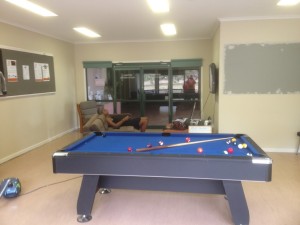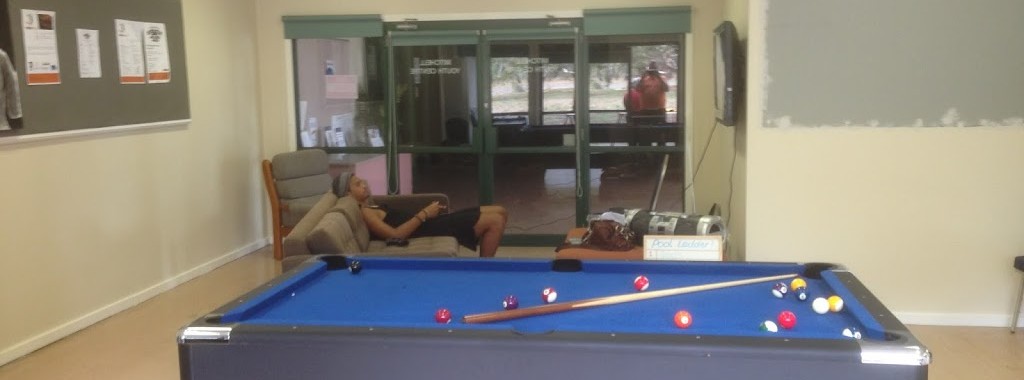As a youth worker I have worked in a number of settings. I have learnt new skills and tried new things. One thing however that has stayed the same through all of those settings is that youth work is not all I have done. I have been a plumber, a carpenter, a painter, an envelope stuffer, a mechanic, a teacher, a chef, a guitarist, an accountant and many others. For most of my job I do all this other stuff and use my youth work skills to engage with young people and expand our service.
 |
| MItchell Youth Centre |
Some of these skills I have gained over my lifetime. Others I learnt on the go. All of them are secondary to my youth work, however without them I would be little more than a counsellor. Recently I have been developing a youth centre for a local council and it has meant a lot of non-youth work. I have painted, cut, built and sanded to my hearts content. One of my supervisors said to me recently that I needed to be more than a Coordinator of Youth Services. I needed to get my hands dirty. All he saw was my time with my staff and when i was at my desk.
When people only see our work in throughput numbers or KPI’s from a position description then these other skills don’t add into the equation. My supervisor didn’t see my networking, my painting or my building skills. He didn’t see the participation of the young people in the development of the centre. All he saw was that I wasn’t at my desk. I wasn’t doing paperwork or running another useless meeting. In his eyes I was not getting my hands dirty like some of my colleagues.
Never let a person say you are not doing youth work when you are using these secondary skill sets. Do not let appearances ruin your work. I have built stronger relationships with young people over the last month through building tables and painting walls than had been built previously in one on one meetings. I have better relationships with service providers because I took the time to have a coffee and talk about their cars, or house building or choice in music. Youth work is all about developing relationships. How we develop those relationships often come down to the secondary skills we have. Today’s neoliberal world does not care about this. They care about numbers. They see this as ‘support’.
We need to do more than just support young people. At least in the way governments and funding bodies ask us to. We must build deep relationships. It is through these relationships that we can do our best work, and these relationships are built on life and the skills we have picked up while living it. Those secondary skills are just as important, if not more so, than any counselling session or group work program. Building relationships with young people where they are at is what youth work prides itself on. But more often than not these days we are berated for doing this as it does not tick the numbers box. We must strive to be more than just another ‘support’ mechanism for our young people. We must do life with them.

Pingback: Who are young people? - Ultimate Youth Worker